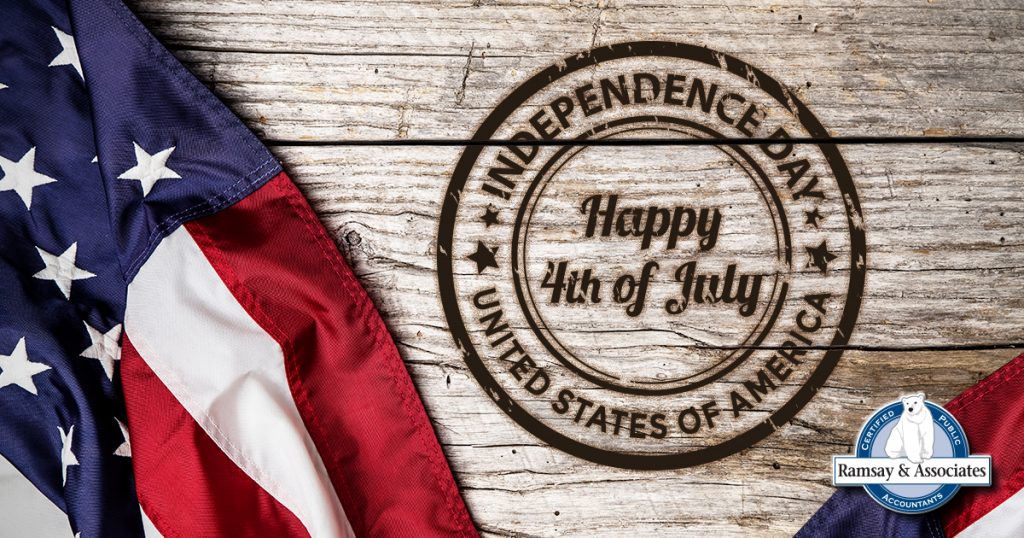
With the holidays just around the corner, many people may want to make gifts of cash or stock to their loved ones. You can plan for year-end gifts with the gift tax annual exclusion. By properly using the annual exclusion, gifts to family members and loved ones can reduce the size of your taxable estate, within generous limits, without triggering any estate or gift tax.
Exclusion for 2023
For 2023, the exclusion amount is $17,000. The exclusion covers gifts you make to each recipient each year. Therefore, a taxpayer with three children can transfer $51,000 to the children this year free of federal gift taxes. If the only gifts made during a year are excluded in this fashion, there’s no need to file a federal gift tax return.
If annual gifts exceed $17,000, the exclusion covers the first $17,000 per recipient, and only the excess is taxable. In addition, even taxable gifts may result in no gift tax liability, thanks to the unified credit (discussed below).
Please note this discussion isn’t relevant to gifts made to a spouse because those gifts are free of gift tax under separate marital deduction rules.
Married Taxpayers Can Split Gifts
If you’re married, a gift made during a year can be treated as split between you and your spouse, even if the cash or gift property is given by only one of you. Thus, by gift-splitting, up to $34,000 a year can be transferred to each recipient by a married couple because of their two annual exclusions. For example, a married couple with three married children can transfer a total of $204,000 each year to their children and to the children’s spouses ($34,000 for each of six recipients).
If gift-splitting is involved, both spouses must consent to it. Consent should be indicated on the gift tax return (or returns) that the spouses file. The IRS prefers that both spouses indicate their consent on each return filed. Because more than $17,000 is being transferred by a spouse, a gift tax return (or returns) will have to be filed, even if the $34,000 exclusion covers total gifts. We can prepare a gift tax return (or returns) for you, if more than $17,000 is being given to a single individual in any year.
Unified Credit for Taxable Gifts
Even gifts that aren’t covered by the exclusion, and are thus taxable, may not result in a tax liability. This is because a tax credit wipes out the federal gift tax liability on the first taxable gifts that you make in your lifetime, up to $12.92 million for 2023. However, to the extent you use this credit against a gift tax liability, it reduces (or eliminates) the credit available for use against the federal estate tax at your death.
Be aware that gifts made directly to a financial institution to pay for tuition or to a health care provider to pay for medical expenses on behalf of someone else don’t count toward the exclusion. For example, you can pay $20,000 to your grandson’s college for his tuition this year, plus still give him up to $17,000 as a gift.
Annual gifts help reduce the taxable value of your estate. The estate and gift tax exemption amount is scheduled to be cut drastically in 2026 to the 2017 level when the related Tax Cuts and Jobs Act provisions expire (unless Congress acts to extend them). Making large tax-free gifts may be one way to recognize and address this potential threat. They could help insulate you against any later reduction in the unified federal estate and gift tax exemption.
Questions? We Can Help
As you plan for year-end gifts with the gift tax annual exclusion, you may still have questions. That’s why we’re here. The knowledgeable personal tax professionals at Ramsay & Associates can help with all your estate, trust, and gift tax concerns. Contact us today.






